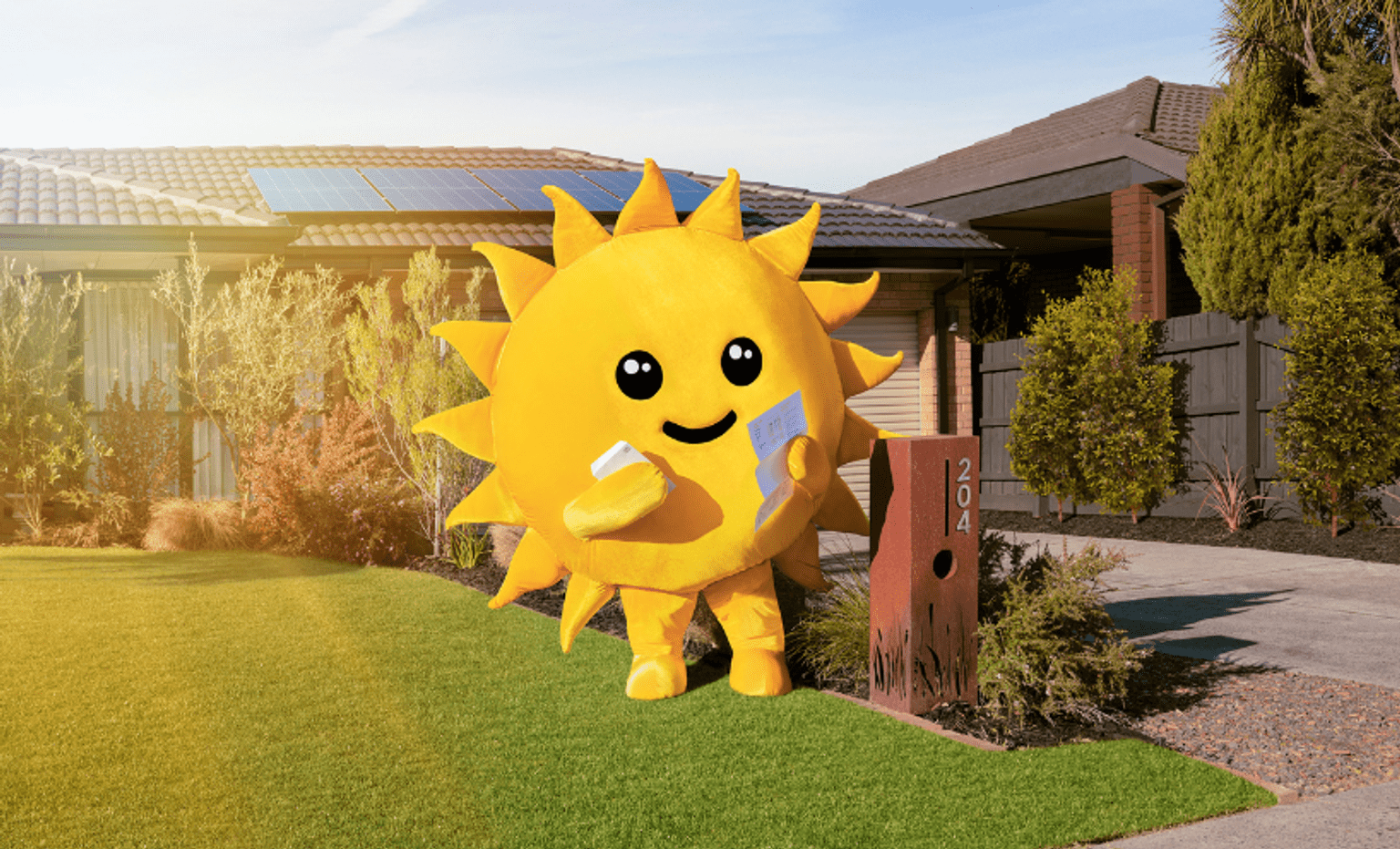Steps to purchase, install and connect a solar PV system at home
Keep in mind the following steps to installing a solar PV system at home.
- Read this Buyers Guide to learn about solar electricity systems.
- Confirm your own household’s requirements – see the section on Planning your solar electricity system.
- Seek recommendations on installers or companies that manage installation, and then contact those who are appropriately accredited for quotes.
- Select your preferred installer.
- Make sure the quote meets your needs, using our checklist can help.
- Confirm that your system can be connected to the grid
- Apply for the solar panel (PV) rebate.
- Install your new system
- Connect to the grid, arranged by your installer.
- Enjoy your new system and reduced energy bills.
Finding a retailer or installer
As with all major purchases, you should carefully consider both price and quality when buying a solar PV system.
Solar Savvy Tip: Always get at least three quotes from New Energy Tech Approved Sellers for the same size system. Note that a quality system offering a long and useful life may cost more and be more worthwhile.
New Energy Tech Approved Sellers
Solar PV and battery retailers in the Solar Homes Program must fulfil our requirements, including being a New Energy Tech (NET) Approved Seller.
This means they have committed to high standards across sales and marketing, quotes and contracts, delivery and installation, and warranties and support. Customers doing business with a NET Approved Seller can be confident they are getting clear, honest information, quality installation, and good warranties.
Check the NETCC website for a list of NET Approved Sellers in your area and our list of authorised retailers to see if they are participating in our program.
Accredited installers
The person who installs your system also needs to be accredited under the Small-scale Renewable Energy Scheme with Solar Accreditation Australia, and must hold an unrestricted Class A Electrical Licence registered with Energy Safe Victoria.
A good installer will help you plan the right system to suit your household now and into the future. They will recommend the best position to install your system to generate as much electricity as possible.
How to be sure of quality?
You can be more confident in a solar retailer or installer if they provide you with a written quote and undertake a detailed generation analysis onsite, as part of a free ‘no-obligation’ quote. You should ask about the maintenance and operation requirements of your system, and don’t be rushed into making a decision.
You could also search for a potential retailer or installer online to see if there are complaints from other consumers, or ask for references.
Consider how system faults will be handled
A warranty is only as good as the company that provides it. If the company disappears in a few years, you might have difficulty making a warranty claim should failures occur. It’s not possible to know the future of any solar panel manufacturer or installer, as some of the biggest players over the years have simply disappeared. Seeking out a retailer or installer with a long history in the business helps.
Also, be aware that under Australian Consumer Law, warranties are required to be honoured by product manufacturers even if retailers have gone out of business, so make sure you receive and keep information about the manufacturers of all the different components of your system, and the different warranties on each component.
Consumers have specific rights under the Australian Consumer Law (ACL), regardless of any other warranty provided by the supplier or manufacturer. For more information about your rights visit the Consumer Affairs Victoria website.
What not to do when engaging an installer or company
Installing a solar PV system is something that you want to get right: after all, you only get one shot at the rebate, and a well-installed system with quality parts can continue to save you money for many years to come. A poorly-installed system or one with cheap components can be nothing but trouble.
Don’t buy a solar panel (PV) system from a door-to-door salesperson, or from a salesperson who cold calls you on the phone. If you have signed a contract in this way, take advantage of the 10-day cooling off period under consumer law to cancel the contract, and then take your time to do your homework, plan your system and find a quality installer.
Do not make any payment to a solar provider until your eligibility has been confirmed by Solar Victoria. Apply for eligibility on the Solar panel (PV) rebate page.
Solar Scams
Solar scams do exist unfortunately, with offers too good to be true.
If you are the target of a scam, please report it to the Australian Competition and Consumer Commission (ACCC) via the SCAMwatch website or by calling 1300 795 995.
You can visit the ACCC’s SCAMwatch website for more information on protecting yourself from scams.
What to look for in a quotation
There are a number of details to check in any quotation for a new solar PV system.
Installer and quotation checklist
Updated



